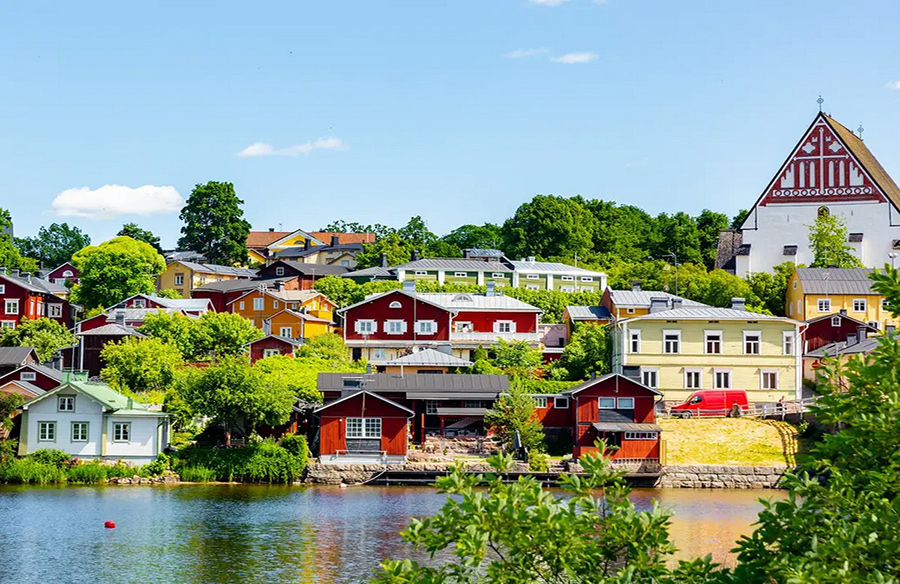
For six consecutive years, Finland has claimed the title of the world’s happiest country, as per the esteemed World Happiness Report. However, the essence of happiness in Finland transcends mere surface-level joy, emanating instead from robust policy frameworks and supportive public institutions.

Trust and Freedom: Cornerstones of Finnish Society
During my three-year sojourn in Finland from 2016 to 2019, I bore witness to the profound sense of trust that permeated Finnish society. As an international student, I felt embraced by a community characterized by mutual respect and genuine goodwill. The absence of pervasive mistrust fostered an environment conducive to open dialogue and uninhibited expression of political viewpoints.
The Gift of Education: Accessible and Free
A hallmark of Finland’s societal fabric is its unwavering commitment to education accessibility. Benefiting from the country’s policy of tuition-free education for both domestic and international students, I found solace in the knowledge that financial constraints would not impede my academic pursuits. While subsequent policy amendments introduced tuition fees for non-European Union students under certain circumstances, the overarching ethos of educational inclusivity remained steadfast.
Financial Security and Well-being
Navigating the Finnish healthcare landscape as an expatriate, I encountered a system characterized by inclusivity and accessibility. Despite nominal contributions towards private health insurance, I availed myself of comprehensive healthcare services, including occupational health provisions provided by my employer. This safety net, emblematic of Finland’s welfare state model, underscored the nation’s unwavering commitment to the well-being of its residents.
The Role of Welfare Policies in Fostering Happiness
At the heart of Finnish happiness lies a robust welfare policy framework that transcends individual responsibility, extending support from “cradle to grave.” Through publicly funded initiatives, Finns benefit from a range of essential services, including healthcare and education, fostering a profound sense of security and belonging within society. This collective approach to well-being underscores the pivotal role of the state and policymakers in nurturing a harmonious and contented populace.
Conclusion: Lessons in Collective Well-being
My tenure in Finland provided invaluable insights into the symbiotic relationship between policy interventions and societal happiness. By prioritizing the welfare of its citizens and fostering an environment of trust and inclusivity, Finland exemplifies the transformative power of collective action in nurturing a happier and more resilient society.





Leave a Reply